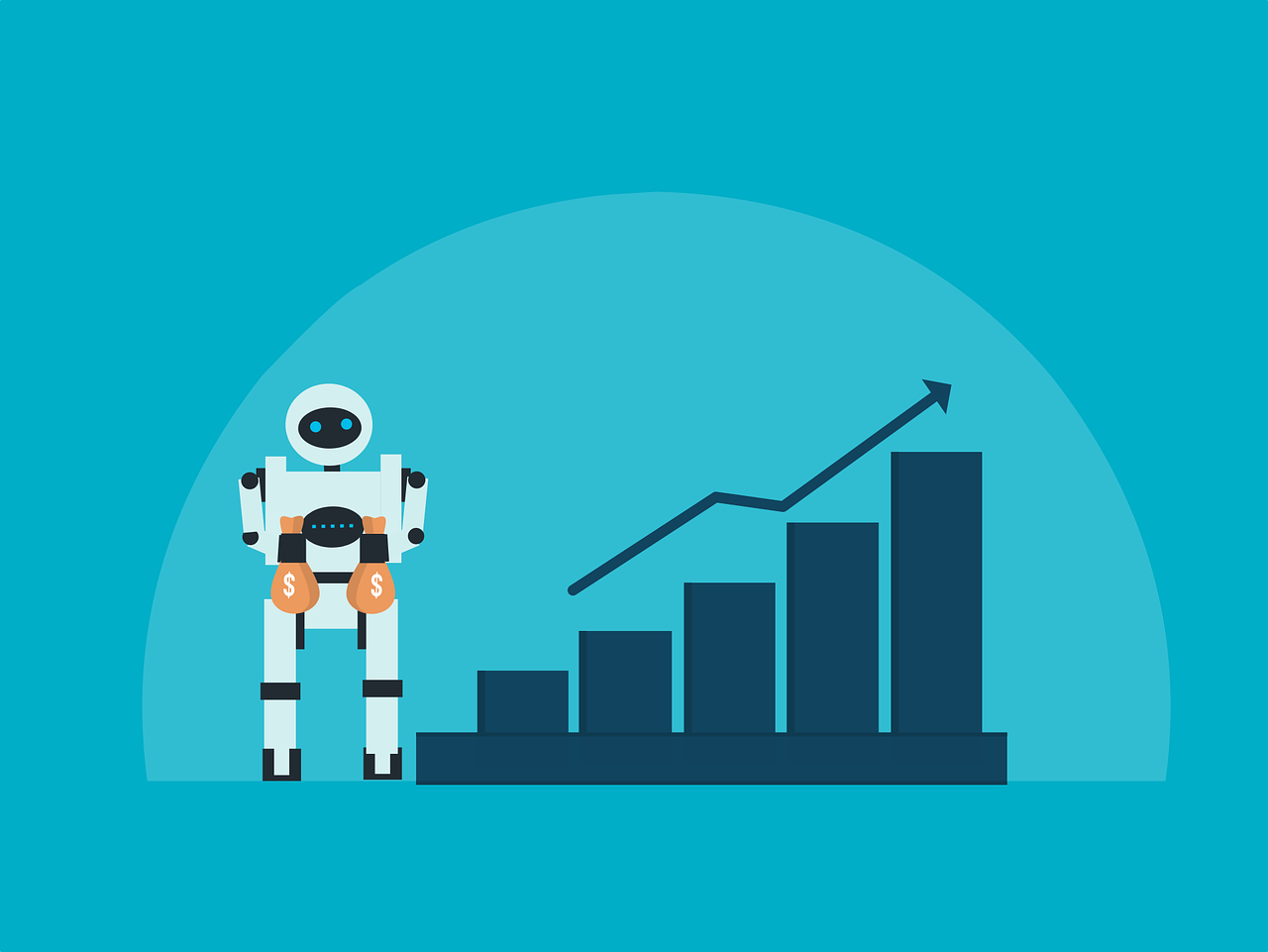Harnessing Artificial Intelligence to Predict and Mitigate Climate Change Impacts on Ecosystems

Brief news summary
Scientists worldwide are increasingly using artificial intelligence (AI) to analyze and predict climate change impacts on ecosystems. AI processes vast historical and current environmental data to create detailed models forecasting ecosystem responses to changing conditions. Unlike traditional methods, AI handles complex interactions among variables like temperature, precipitation, soil health, biodiversity, and human activity, improving prediction accuracy. These insights assist policymakers and conservationists in developing targeted mitigation and adaptation strategies, identifying vulnerable ecosystems, and enabling timely interventions. Additionally, AI enhances forecasting of extreme weather events, boosting disaster preparedness and minimizing damage. Its ability to learn continuously ensures up-to-date climate monitoring. Successful AI applications depend on interdisciplinary collaboration and addressing challenges related to data quality, bias, and ethics through responsible governance. Overall, AI revolutionizes climate science by providing precise forecasts and supporting sustainable, evidence-based decisions to protect ecosystems and confront global climate challenges.Scientists worldwide are increasingly utilizing artificial intelligence (AI) to enhance the understanding and prediction of climate change impacts on diverse ecosystems. Integrating AI into climate science marks a major advancement in analyzing environmental data and forecasting future changes. By employing advanced AI algorithms, researchers can process extensive historical climate records alongside current environmental variables, enabling the development of more accurate, detailed models that forecast ecosystem responses to evolving climate conditions over time. AI addresses challenges faced by traditional climate modeling, such as managing complex interactions among environmental factors and the vast scale of global climate data. AI excels at detecting patterns and correlations within large datasets that are difficult for humans to identify, resulting in precise climate projections incorporating variables like temperature variations, precipitation shifts, soil composition, biodiversity changes, and human activities. These AI-generated forecasts are vital for policymakers and conservationists aiming to devise targeted strategies to mitigate climate change's adverse effects. Accurate predictions guide resource allocation, conservation planning, and adaptive actions in vulnerable regions. For instance, AI models can pinpoint ecosystems at high risk of degradation, facilitating early interventions to protect endangered species and maintain biodiversity. Additionally, AI helps predict the frequency and severity of extreme weather events—such as hurricanes, droughts, and wildfires—with significant consequences for natural and human systems. Improved anticipation enables governments and organizations to enhance disaster preparedness and response, reducing loss of life and economic impacts. AI integration also promotes evidence-based decision-making by improving transparency and reproducibility in research.
As AI models continuously learn from new data, they provide dynamic, up-to-date insights that evolve alongside changing environmental conditions—essential for ongoing monitoring and adjustment amid rapid climate shifts. Researchers stress the importance of interdisciplinary collaboration—combining computer science, ecology, meteorology, and social sciences—to ensure AI models are both technologically sound and ecologically and socially relevant. Such partnerships aid the creation of practical, actionable AI tools that meet diverse stakeholder needs. However, challenges remain, including ensuring data quality and representation, addressing potential biases in algorithm training, and managing ethical concerns linked to AI’s environmental policy use. Scientists and policymakers must collaborate to establish standards promoting responsible AI deployment in climate applications. In summary, applying AI to model and predict climate change impacts revolutionizes environmental science. Leveraging AI’s ability to analyze complex, large-scale data enables more precise projections vital for policymakers and conservationists. This advancement supports targeted mitigation and adaptation, enhances disaster preparedness, and fosters informed, evidence-based decisions. Facing urgent global climate challenges, AI emerges as an essential tool for protecting ecosystems and promoting sustainable development for future generations.
Watch video about
Harnessing Artificial Intelligence to Predict and Mitigate Climate Change Impacts on Ecosystems
Try our premium solution and start getting clients — at no cost to you

I'm your Content Creator.
Let’s make a post or video and publish it on any social media — ready?
Hot news

OpenAI sees better margins on business sales, rep…
The publication stated that the company enhanced its “compute margin,” an internal metric representing the portion of revenue remaining after covering the costs of operating models for paying users of its corporate and consumer products.

AI Video Generation Tools Enable Personalized Mar…
In the rapidly evolving field of digital marketing, artificial intelligence (AI) is playing a crucial role in reshaping how brands connect with their audiences.

Leveraging AI for SEO: Best Practices and Tools
As artificial intelligence (AI) advances, its significance in search engine optimization (SEO) grows markedly.

Decoding the Impact of AI on Advertising and Mark…
Artificial intelligence (AI) is fundamentally transforming the advertising and marketing industries, marking a profound shift beyond previous technological advancements.

Nvidia: Only A 3% Premium For The Most Important …
Nvidia: Just a 3% Premium for the Most Crucial AI Company The J Thesis 1

“AI SMM”, new training from Hallakate – Learn how…
In an era where technology is transforming how we create content and manage social networks, Hallakate introduces new training tailored for this new age: AI SMM.

AI Training GPU Cluster Sales Market Size | CAGR …
Report Overview The Global AI Training GPU Cluster Sales Market is projected to reach approximately USD 87
AI Company
Launch your AI-powered team to automate Marketing, Sales & Growth

and get clients on autopilot — from social media and search engines. No ads needed
Begin getting your first leads today








